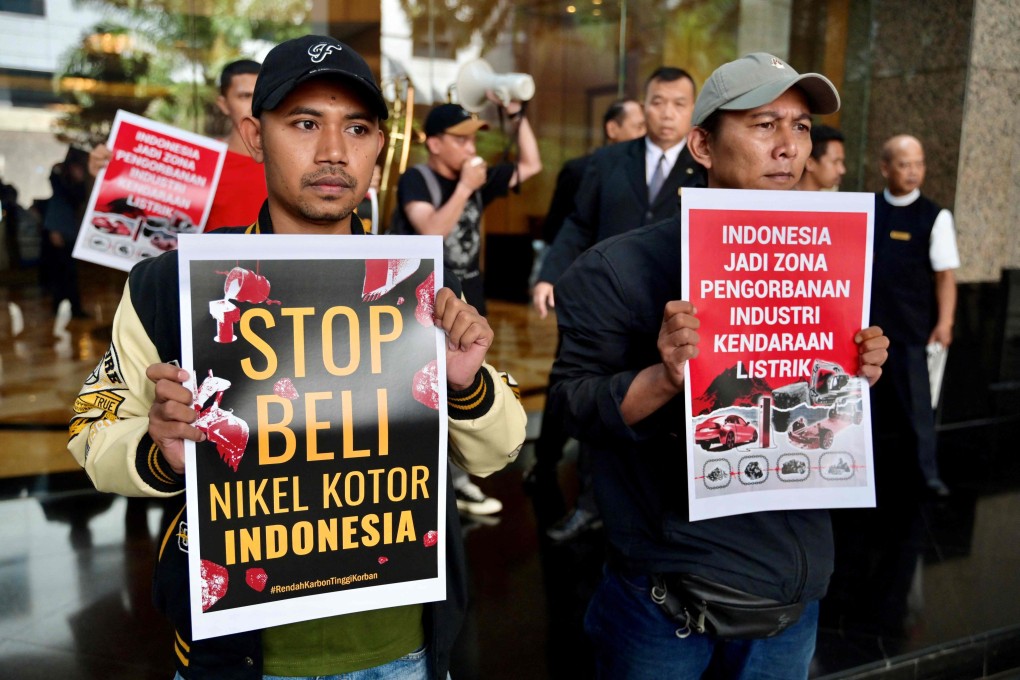Opinion | China and Australia can team up to boost Asean’s energy transition
- China’s EV supply-chain investments in the region come with environmental and social challenges – which sustainable miner Australia can help solve

Almost all countries in the region have committed to achieving net zero carbon emissions, and electrifying the end-user sectors, including transport, is a crucial strategy in this effort.
According to the International Renewable Energy Agency’s road map to keep the global temperature rise under 1.5 degrees Celsius by 2050, Southeast Asia is set for a rapid electrification, with more than half of its energy consumption coming from electricity by 2050, up from 22 per cent in 2018. This shift will drive a substantial rise in electric vehicle (EV) sales, reaching about 8.5 million units by 2035, according to EY-Parthenon analysis.
Chinese brands have shown remarkable growth, from just 38 per cent of the region’s EV market in 2022 to over 70 per cent last year. These efforts are supported by an influx of Chinese investment in EV manufacturing and the upstream supply chain, including mining, mineral processing and battery manufacturing.



